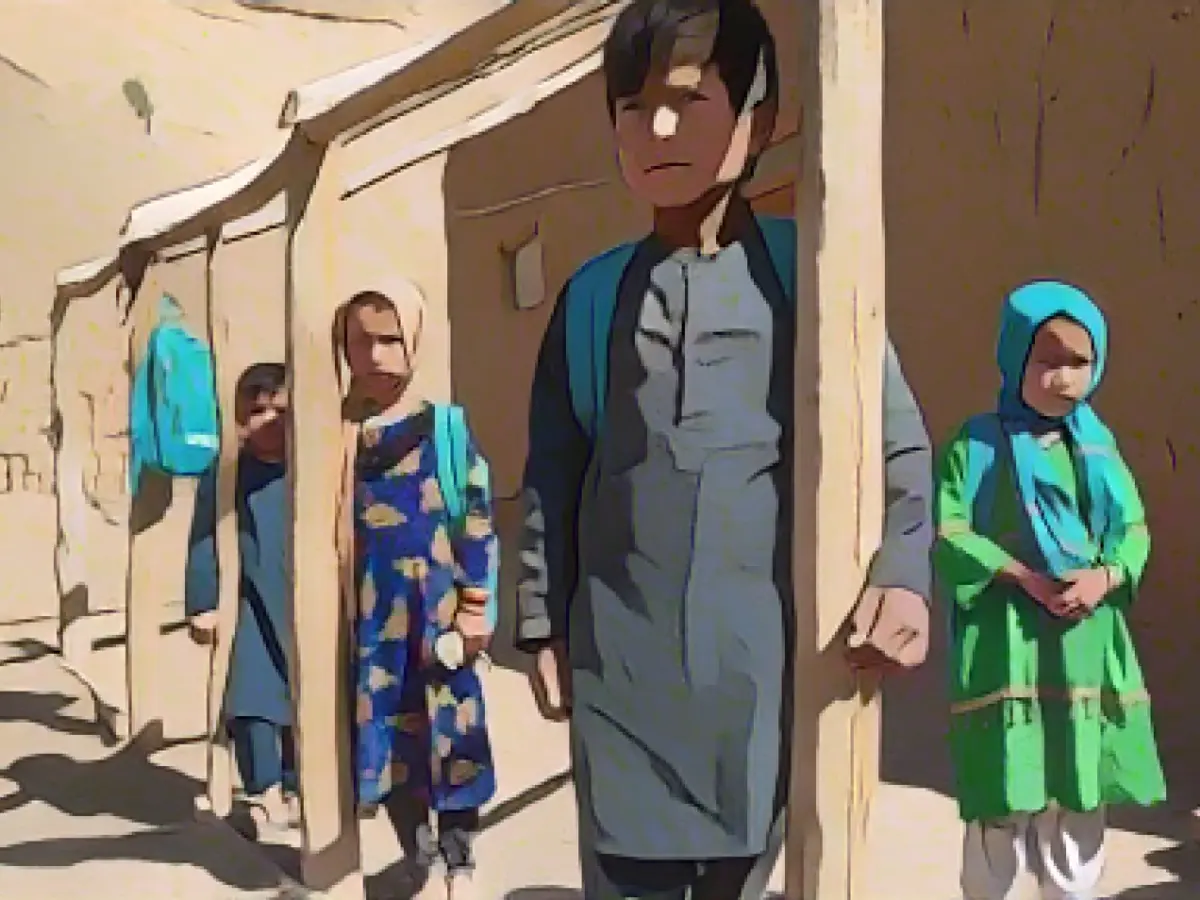Title: The Taliban's Untold Effect on Boys' Education in Afghanistan
In the aftermath of the Taliban's resurgence in power, human rights activists have flagged concerns about the long-term impact of their policies on boys' education. According to a report published by Human Rights Watch (HRW), changes to the curriculum, an increase in corporal punishment, and the dismissal of female teachers are jeopardizing the futures of young males in Afghanistan.
Since August 2021, when the Taliban regained control, they have been under fire for their severe curtailment of women's education. Schools from the seventh grade and above are closed to girls and women. However, this harsh treatment towards girls has been overshadowing the damage the Taliban's policies are inflicting on boys' education, reveals the HRW report.
The report relies on interviews with eighth-grade pupils and parents. HRW notes that subjects considered essential for well-rounded education, such as sport, art, and English, have been removed from the curriculum or discontinued due to a lack of qualified teachers. Furthermore, the organization reports a spike in corporal punishment, which can be triggered by innocuous infractions like a bad haircut or possession of a cell phone.
Financial hardships in families also push boys towards employment instead of attending school more frequently. The ensuing changes in the educational environment have left many boys gripped with fear and doubt regarding their futures. Sahar Fetrat, HRW's deputy women's rights researcher, shares her concerns, emphasizing that "The Taliban are inflicting irreversible damage to the Afghan education system for both boys and girls."
Further insight:
The Taliban's impact on boys' education, while significant, is often overshadowed by their restrictions on girls' education. HRW admits that the Taliban's policies have led to a decline in the quality of education for boys due to several factors:
- Curriculum Changes: The Taliban has intensified religious studies in schools, replacing some subjects with Islamic teachings. This alteration in the curriculum may reduce the emphasis on secular subjects and life skills education.
- Shortage of Qualified Teachers: The Taliban's restrictions and bans have caused a scarcity of qualified teachers, particularly in subjects other than Islamic studies. This shortage could potentially affect the overall quality of education for boys.
- Instability and Uncertainty: The Taliban's actions, including the closure of the Monitoring and Evaluation Department in the Education Ministry, create uncertainty and instability in the education system. This instability can further erode the quality of education for both boys and girls.








